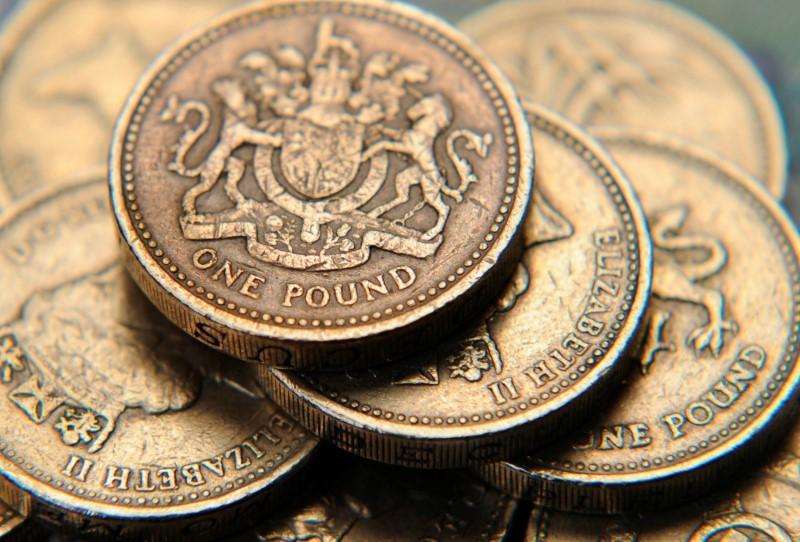Deutsche Bank says sterling’s reserve status being eroded
LONDON (Reuters) – Sterling’s role in the form of global reserve currency is declining Deutsche Bank said on Wednesday, predicting the pound would be less key as Britain leaves europe and that China has drastically cut its holdings.

Britain needs sterling to hold onto its reserve status because, with one of the biggest current account deficits around the world, it takes a huge selection of billions of pounds of capital inflows yearly just to balance its books.
Central bank need for sterling reserves has become a 2010 critical, stable and reliable method to obtain that funding, and the slightest decline in holdings of pounds may magnified affect Britain’s fiscal well-being.
With China now feeding within the International Monetary Fund’s closely followed currency reserves data it’s difficult to draw firm conclusions on FX shifts, but Deutsche pointed for some other factors suggesting sterling’s decline.
“We estimate the fact that the pound’s share (of China’s reserves) has likely fallen from in close proximity to 10 percent into low single digits since early 2019 like PBoC (People’s Bank of China) transitioning from wealth to currency management.”
As China loosens its control at the yuan, its central bank has enlarged your list of currencies by which it monitors it, focussing more about what impact currencies such as yen, along with some emerging market currencies, may have some.
The report’s author, Robin Winkler, also cited the fact that the pound’s immediate plunge right after the Brexit referendum had had little cause problems for other currencies, and then he sees that as boding badly because of its reserve status after Brexit actually happens.
“In the extent that reserves perform the duties of backstops against currency stress, in lieu of as sovereign wealth, the pound’s diminishing role in international capital flows post-Brexit should permanently reduce its reserve status,” the report said.
The latest IMF data showed sterling experienced a 4.Five percent share of worldwide foreign exchange reserves, a distant third behind the dollar at 63.3 percent and the euro at 20.Three percent and just killing the yen at 4.48 percent.
Ratings agency Standard & Poor’s has said a fall below 3 percent would mean it’d no longer classify sterling as a reserve currency, which often can lead it to mow its UK sovereign overall credit score again.

